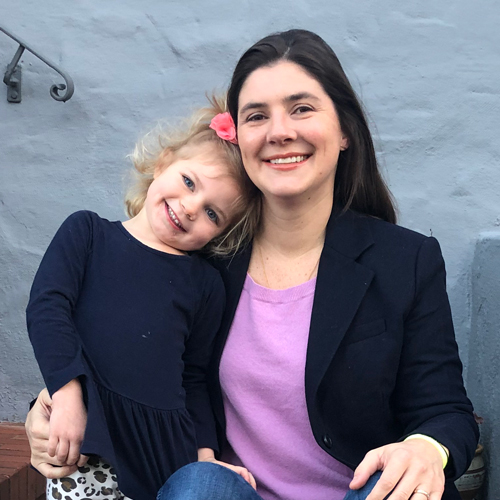Eat More Plants
“Plant Based” is the food and diet term of the year.
I’m sure you’ve heard it tossed around, usually it’s in the context of trying to lure you into being more plant based. It’s pretty personal, can be emotionally charged and highly variable, so I’m going to lay out my interpretation of the movement, hitting both the highs and lows.
What is Plant-Based?
It’s different than being vegan in a few ways. Notably, it doesn’t necessarily mean you never eat meat or dairy! Vegan means no meat, dairy, or other animal products ever – that includes fish sauce, honey, oyster sauce, and usually leather goods. Veganism is often considered a lifestyle choice and ethical value system that prioritizes animal rights.
Plant-Based often implies eating mostly whole foods and avoiding things that are processed.
Some vegans focus on that too, but other vegans will definitely enjoy vegan cookies, potato chips, and other processed snack foods. That said, a plant based diet doesn’t have to include passing on the potato chips. If that feels like a lot of “could be,” “usually,” “often,” “sometimes,” and “typically,” I agree. There’s no single set the rules or guidelines to follow. It’s all up to interpretation and what works for you.
One of the things I dislike about both Plant Based and Vegan is that they are labels with very fuzzy edges and only a specific person can tell you what they will or won’t eat on their diet and why. It’s common to joke that vegans love to tell you that they’re vegan and preach, but don’t Gluten Free meat eaters do the same? We all like to talk about ourselves!
Regardless of what you call it, eating less mess and more plants is healthy for us.
A diet filled with plants is less expensive too as they’re often less expensive than almost all types of meat. Plants are colorful and delicious. There are countless interesting ways to prepare them. All of these points go in the plus column for eating more plants!
On the negative side, if you’re used to cooking and eating meat, there’s a learning curve to working with vegetables.
They need more technique to coax a depth of flavor out of them and often that means more time involved. People tell me they don’t feel full after a meal if it’s vegetarian, but I promise that’s a habit and not a truth about protein or satiety. I bet I can name a few “accidentally” vegetarian meals that fill up any carnivorous belly just fine.
Whatever you call it or where you draw your lines, I do think all meat eaters should eat less meat and more plants.
The most compelling reason to do so is for the health of our planet and the increasing number of people on it. There are dissertations written on why it’s necessary, but in short, at play are a combination of factors: methane emissions, water use, crop diversity, nitrogen in fertilizers, and simply lack of space to house enough animals to feed the global population. Clearing land to raise more animals to feed the estimated 10 billion people of 2050 exacerbates the list of problematic effects on the environment.
I eat and cook meat and I don’t have any intention of stopping entirely. I think you will make your own choices! It’s not even a good idea for everyone to become a vegan overnight. How we get safety and consistency in our food system, benefits to our health, and lower carbon emissions as a global population is wildly complicated and up for much debate.
One of my favorite baby-step solutions to eat less meat is just to choose 1 meal a day (ex. just lunch) or a certain number of meals a week (can you do 8, 12?), and make those plant based. The number you use depends on where you are now. If you eat 10 hamburgers a month, aim for 8; since I only have 2, I’ll just cut back to one. I’ll hardly feel the difference and it’s a win for my waistline, my wallet, and my kid’s future.

